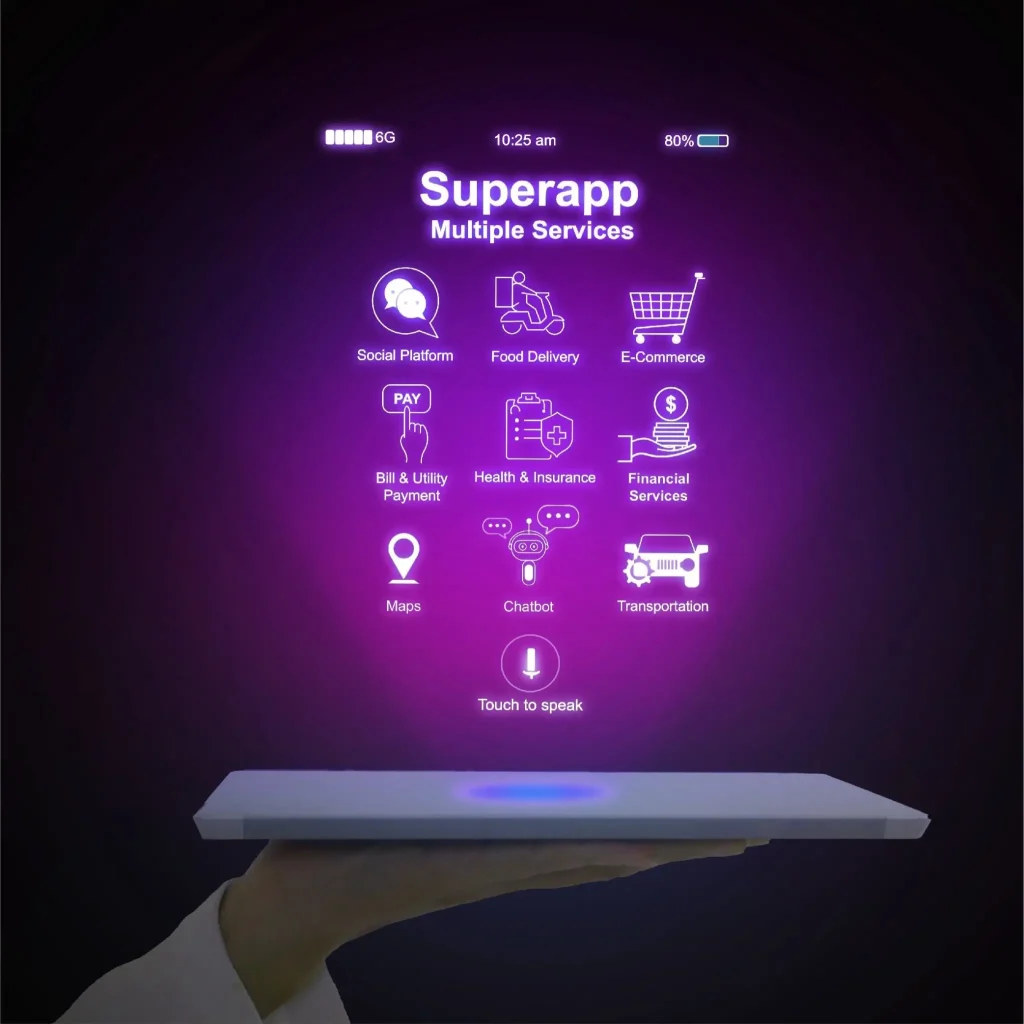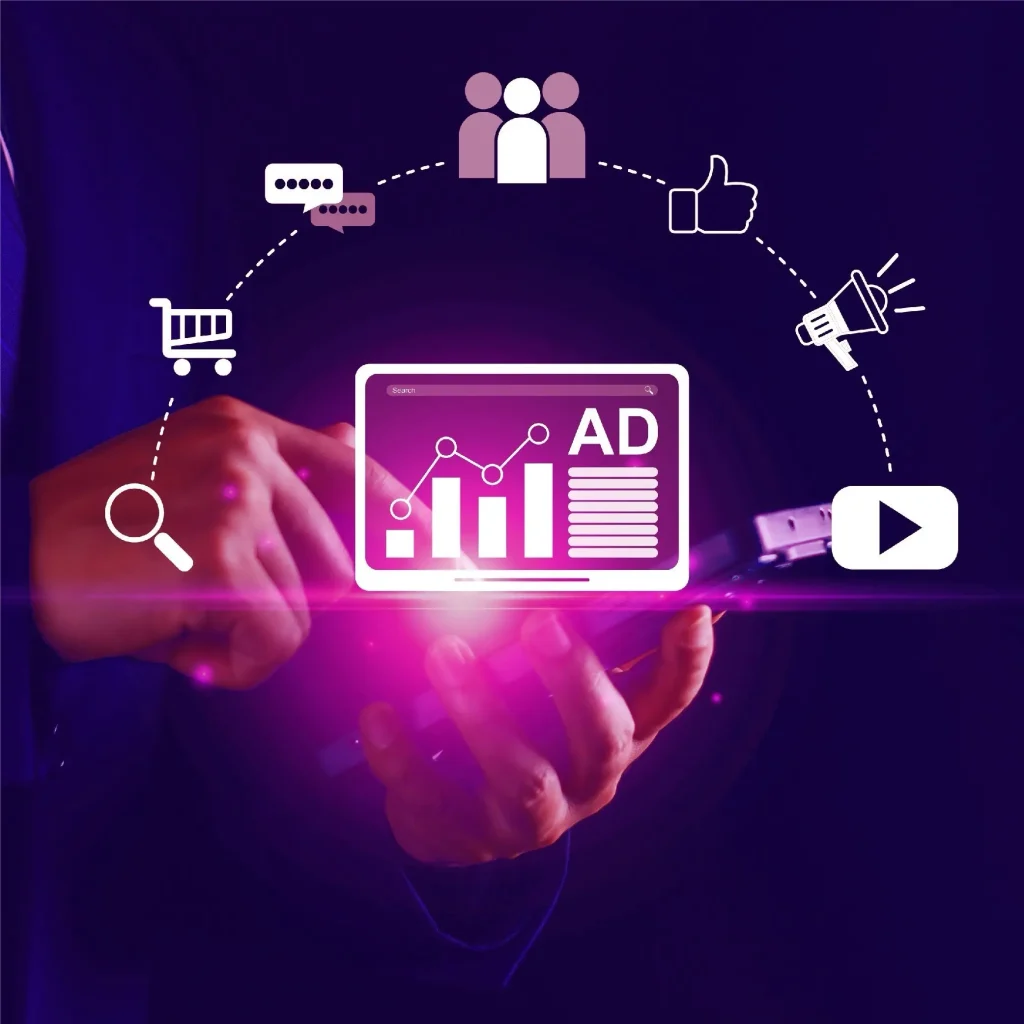
As e-commerce and digital marketing continue to evolve, Artificial Intelligence (AI) has become an integral part of the content strategy for global businesses. The integration of AI into the content production process has opened new opportunities, while also presenting ethical and creative challenges that marketers must face.
1. Introduction to AI Content Creation Tools
AI tools such as OpenAI’s GPT-3, Jarvis, Murf, Podcastle, and Writesonic have revolutionized the way content is created. These tools not only generate text but also produce video content and personalized advertisements. Additionally, they support research, image content creation, and voice generation, transforming text into podcasts. This automation saves businesses time and resources, while maintaining a continuous flow of updated content.
2. The Impact of AI on Content Marketing Strategy
AI has fundamentally changed the way global businesses develop their content marketing strategies. By analyzing big data, AI helps businesses better understand customer behavior, enabling the creation of tailored and personalized content. This improvement not only enhances engagement but also increases the effectiveness of marketing campaigns with targeted and compelling content.
Here are some ways AI impacts content marketing strategies:
- Automation and Content Optimization:
AI automates the creation and distribution of content, from ideation and writing to formatting and publishing across various platforms. AI tools can analyze data and trends to suggest engaging content topics and optimize keywords for SEO, making content more accessible to the target audience. - Analysis and Prediction of User Behavior:
AI’s capability to analyze large data sets helps marketers understand consumer preferences and needs more deeply. This enables the creation of personalized content strategies targeted at specific customer groups, enhancing engagement and responses. - Improving Customer Experience:
With AI support, businesses can deliver content at the right time and place, tailored to individual users. AI also automates customer interactions through chatbots, providing instant information and resolving queries, thereby enhancing the user experience. - Content Performance Analysis:
AI allows marketers not only to create content but also to analyze its effectiveness. AI technology can track how users interact with content, identifying what works well and what needs improvement, helping marketers optimize future campaigns. - Integration with Other Technologies:
AI is often integrated with other technologies like big data, machine learning, and automated analytics to provide a more comprehensive view of content marketing strategies.
The integration of AI in content marketing not only improves the effectiveness of content but also provides businesses with a long-term competitive advantage through resource optimization and the consistent delivery of high-quality content. By leveraging AI, companies can streamline their content creation processes, allowing for more strategic allocation of human creativity and effort where it’s most needed. This consistent quality and efficiency in content production enhance brand reliability and audience engagement, ensuring a stronger market presence and a sustainable competitive edge
3. Balancing AI and Human Creativity to Ensure Emotional Connection
In an era where AI tools proliferate in every field, especially in creative sectors, the question arises: Can AI replace human creativity? To address this, we must look back at the origins of creativity. The advancements across the globe are a clear testament to human creativity, with AI itself being a product of creative human thought.
From this, we understand that AI does not create autonomously but rather, it originates and synthesizes from existing data, with its outputs derived through logical reasoning and algorithms, constrained by specific sets of rules tailored for the model. This means that AI’s capabilities to generate creative content are fundamentally limited by the data it has been trained on and the parameters set by its developers. It serves as a tool that processes and regenerates information based on its programming, lacking the innate human capacity for originality and emotion-driven creativity.
Let’s explore a key aspect: when does AI create autonomously? According to numerous studies, AI will be able to create autonomously when it can learn on its own, seek out information as needed, and then synthesize and propose creative solutions as well as make decisions. This would also be the point at which AI possesses self-awareness and self-consciousness, and more importantly, emotional intelligence—an extremely crucial element in the creative processes of humans today.
From another perspective, rather than worrying about whether AI can replace human creative capabilities, we can consider how to use AI as a tool to support and enhance creativity. Humans have the ability to learn quickly and need to adapt to technological advancements, using technology as a tool to make creative processes faster and more efficient.
In the context of marketing trends focusing on emotional elements, the role of humans as leaders and guides in directing AI to save time is more certain than ever. This approach leverages human creativity and intuition to guide AI, ensuring that technology complements rather than replaces the unique creative expressions that only humans can provide. Thus, AI becomes a collaborative partner, not a replacement, in the creative journey.
4. Ethics and the Future of AI in Content Creation
As AI becomes increasingly important in content production, ethical issues arise, particularly concerning the use of personal data for customized content, raising privacy concerns. Businesses must establish clear policies on data use and security and adhere to legal standards to protect user information.
Conclusion, The AI revolution in content creation is shaping the future of global marketing strategies. AI’s integration not only enhances content efficacy but also fosters deeper interaction and understanding of customers. However, to maximize these benefits, businesses must carefully balance automation with creativity and ensure ethical and secure use of AI.



















